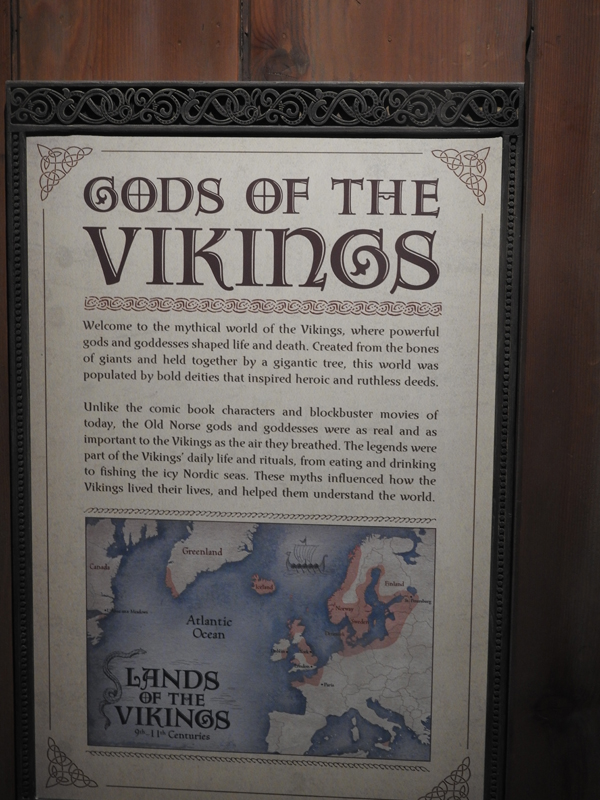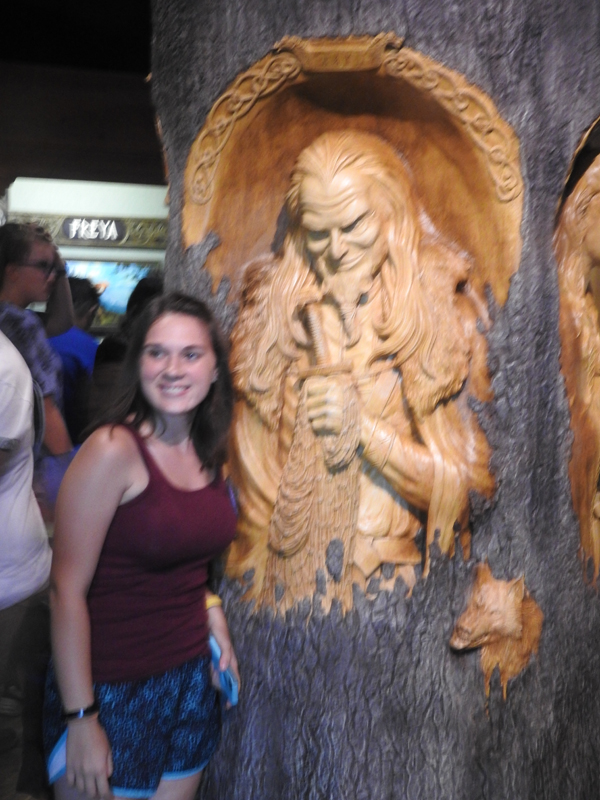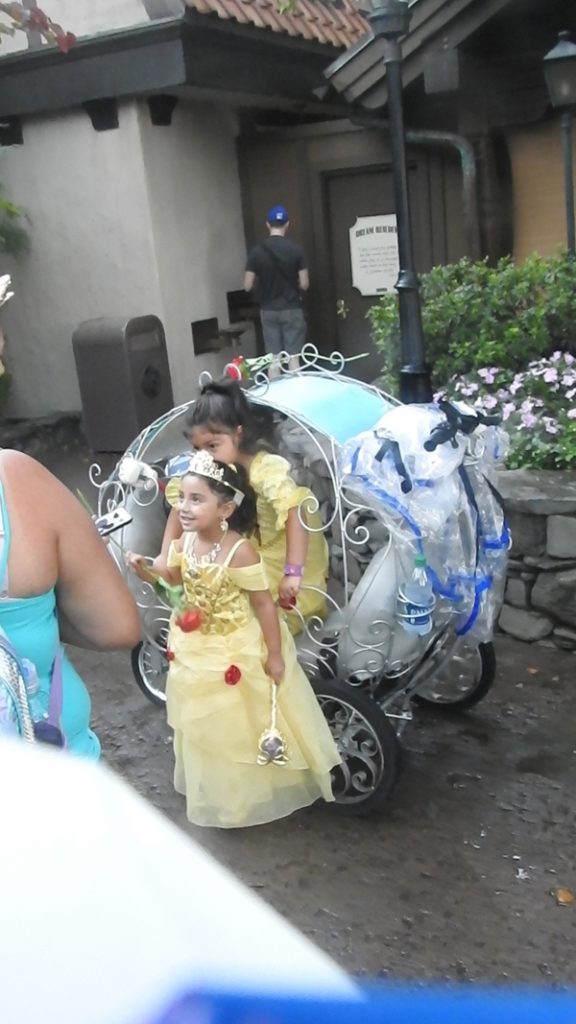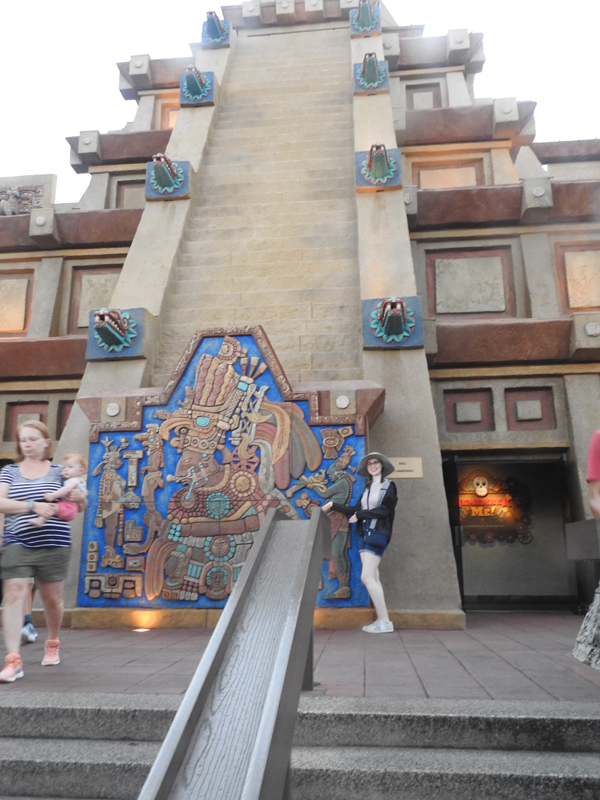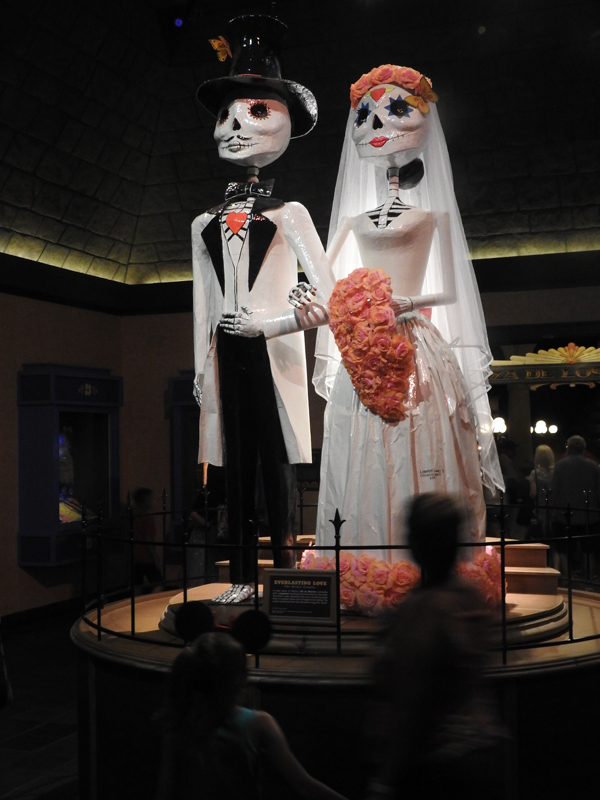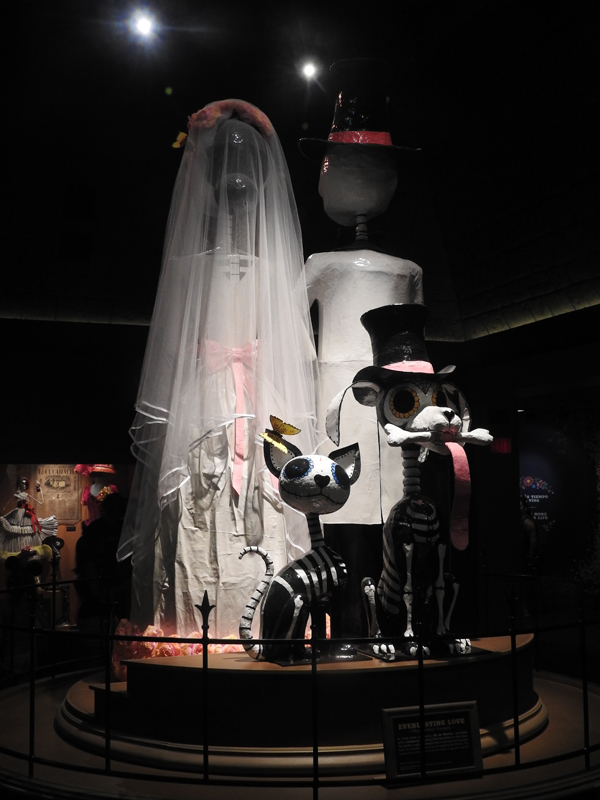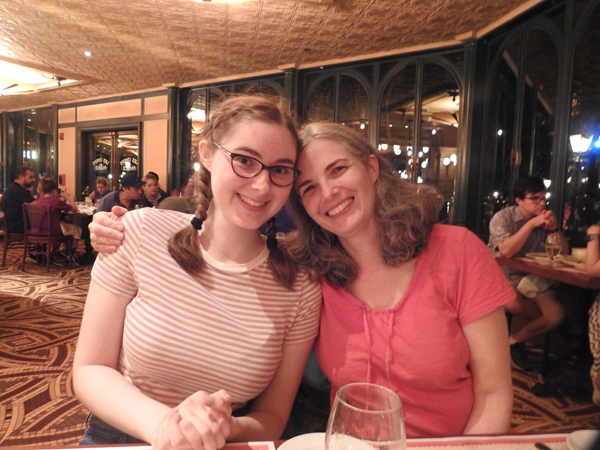On July 31, 2018, my daughter Amy and my granddaughter Sarah and I went to EPCOT – the Experimental Prototype Community of Tomorrow that became a tourist attraction instead. We had a great time and had some great food!


Communication over the ages.
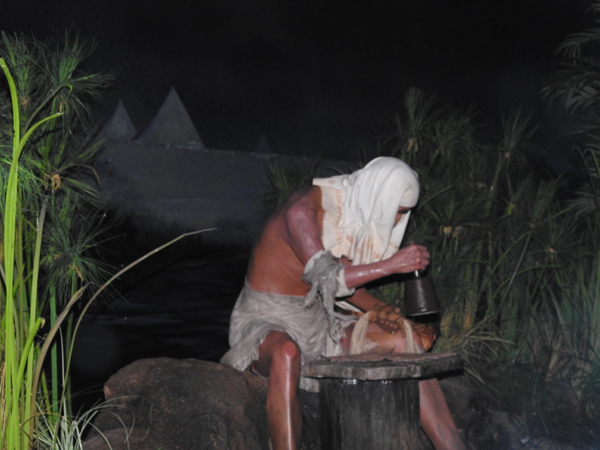
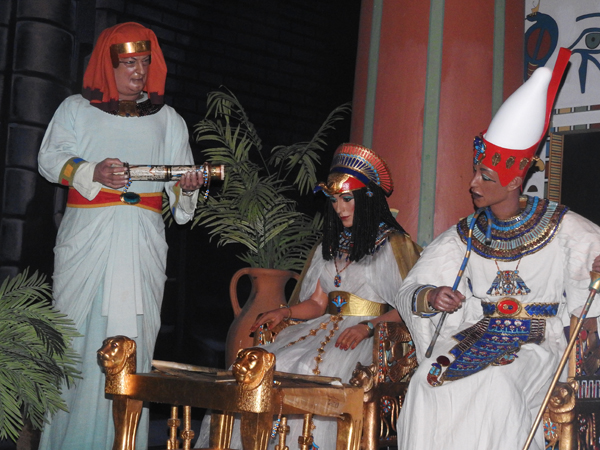
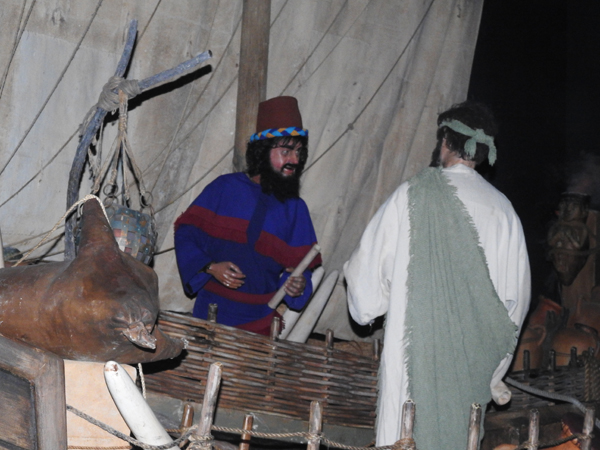
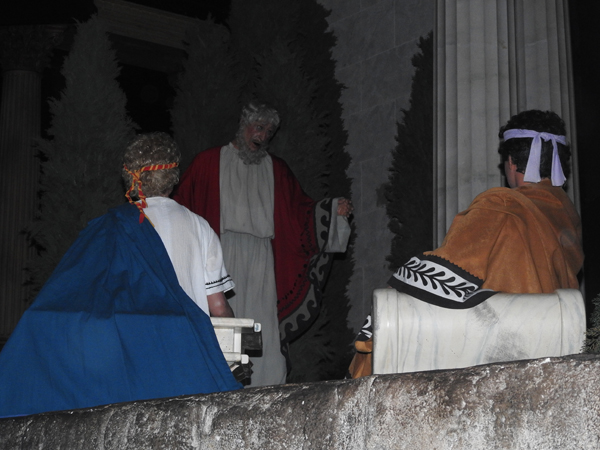
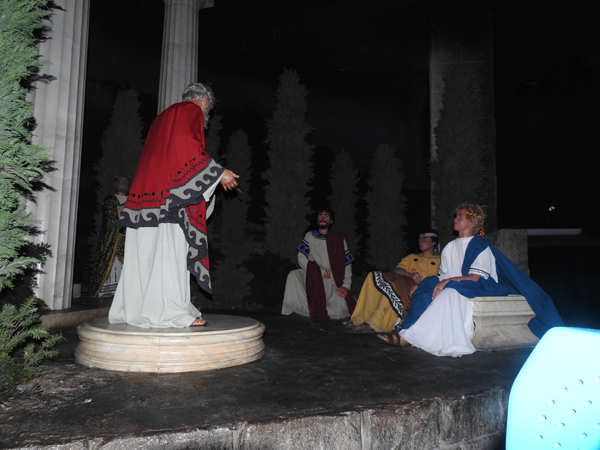
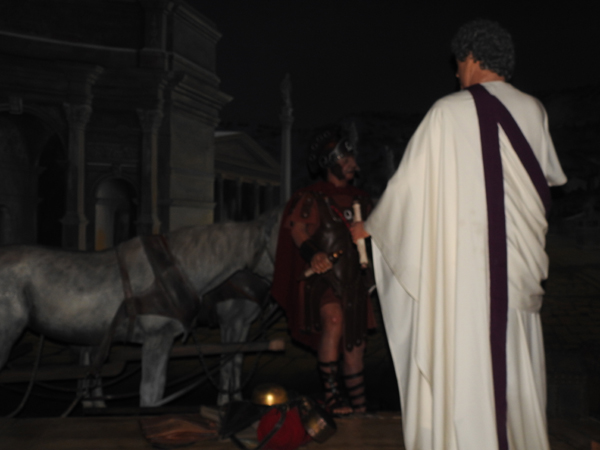
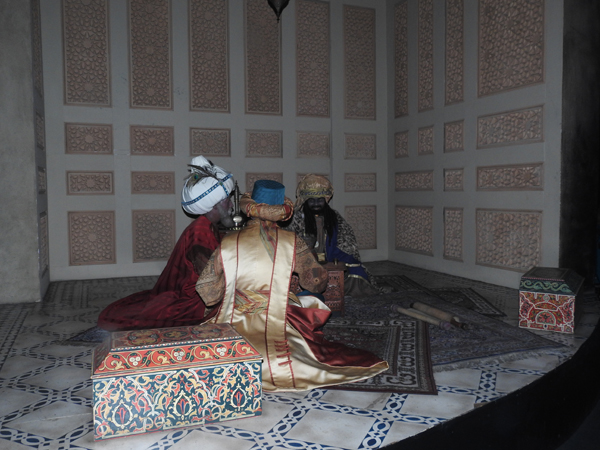
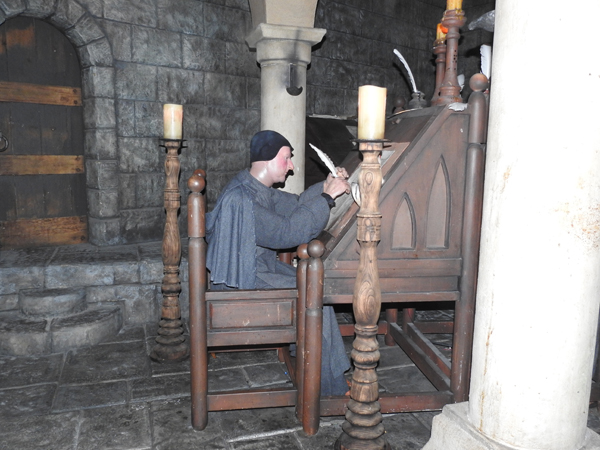
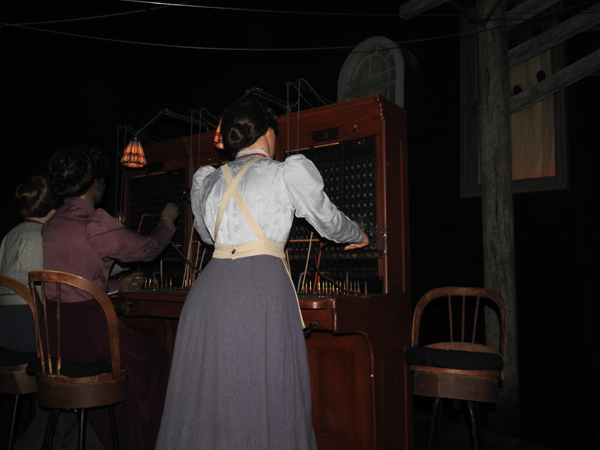
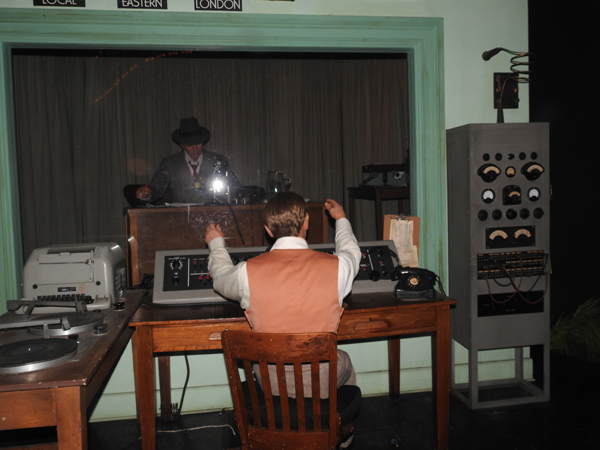

Lots of edibles from plants!
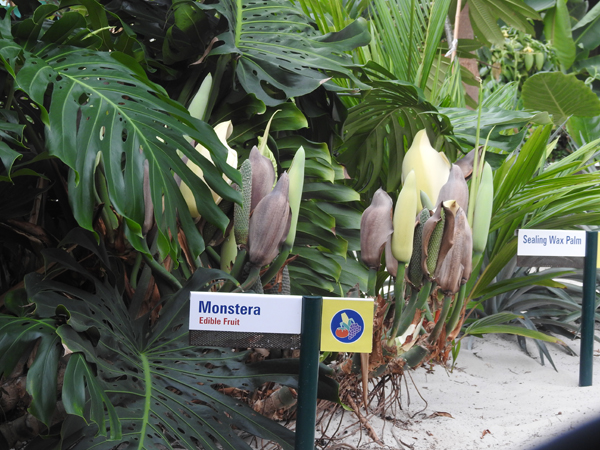
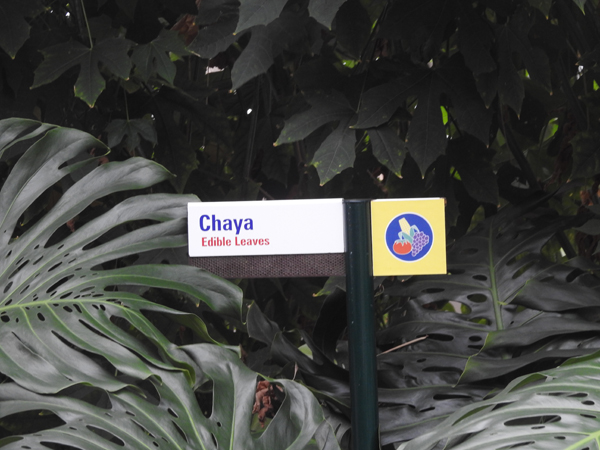




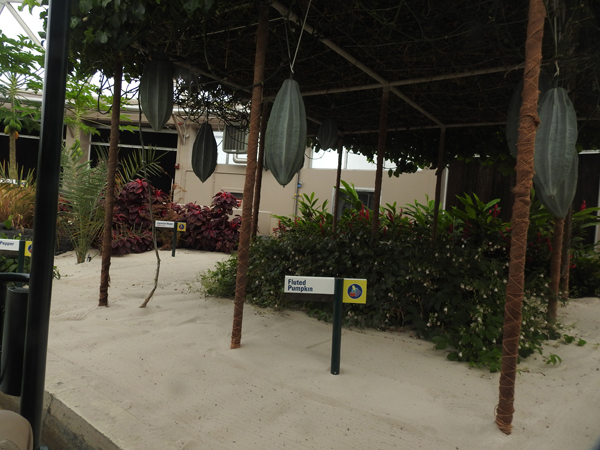


















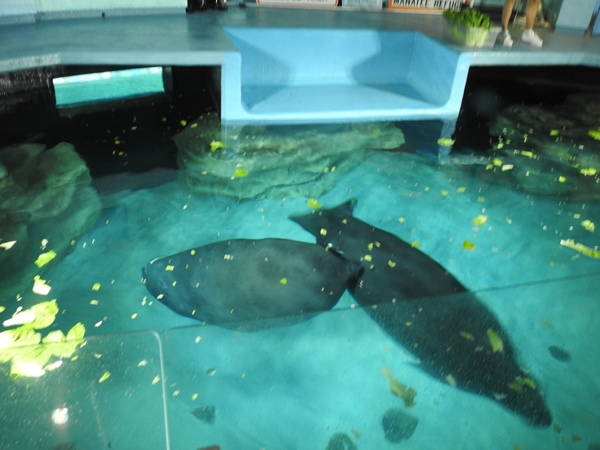
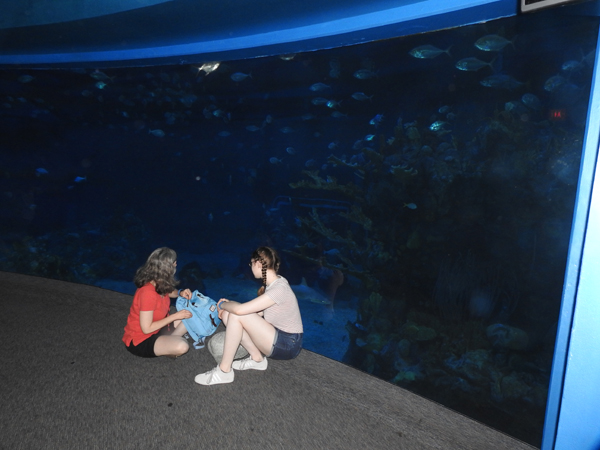
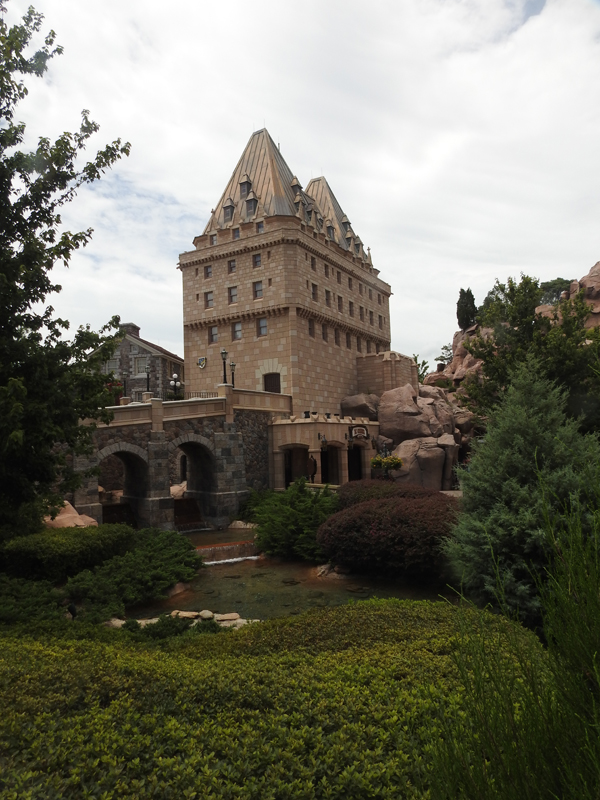


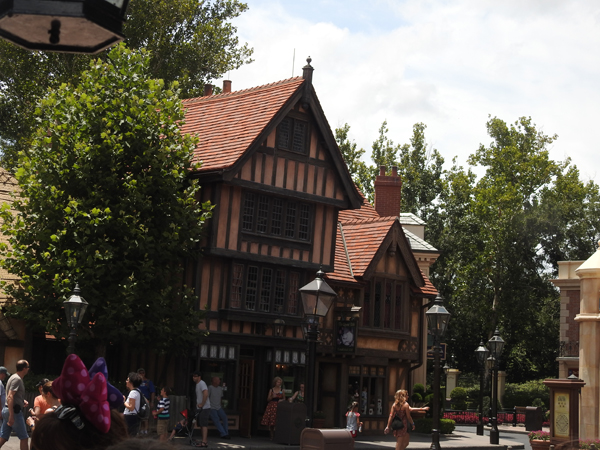
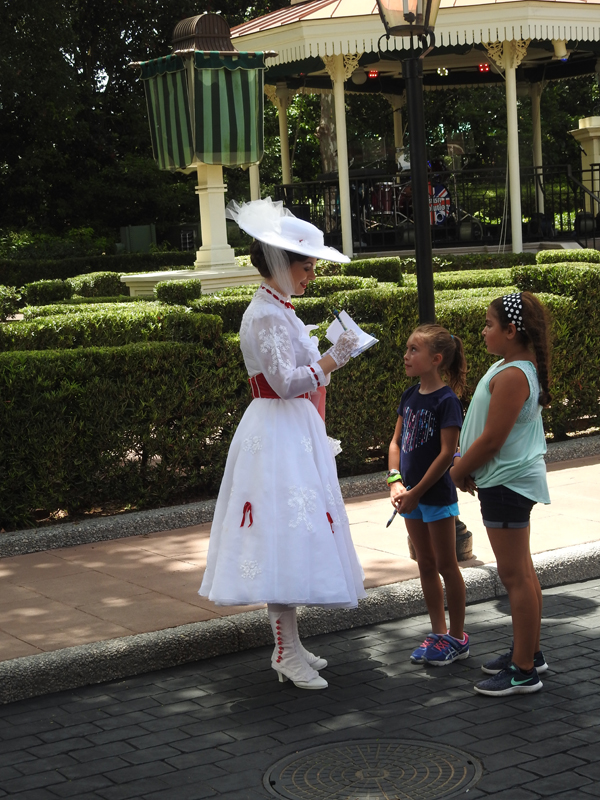
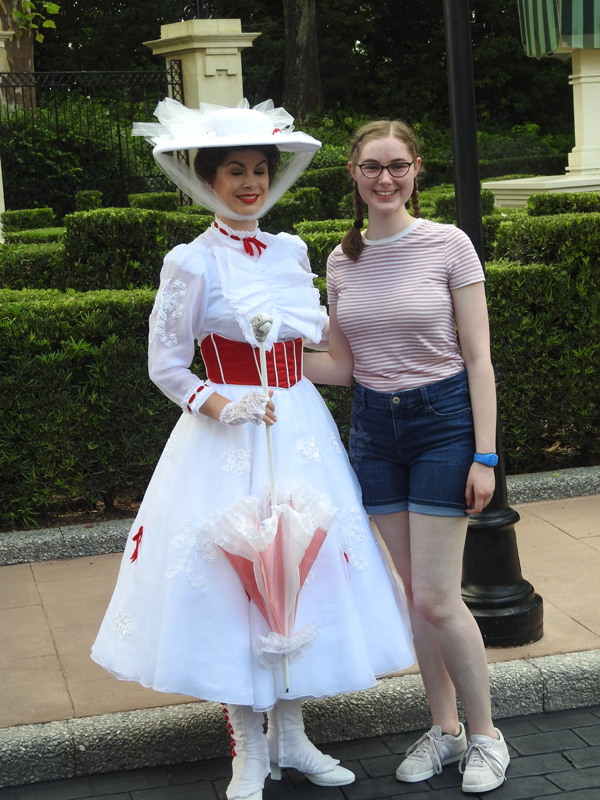








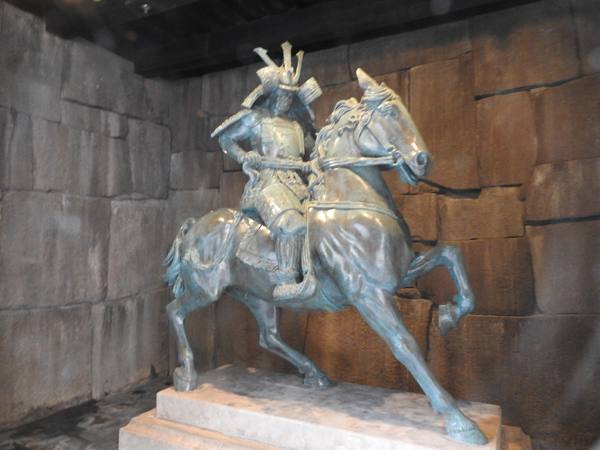
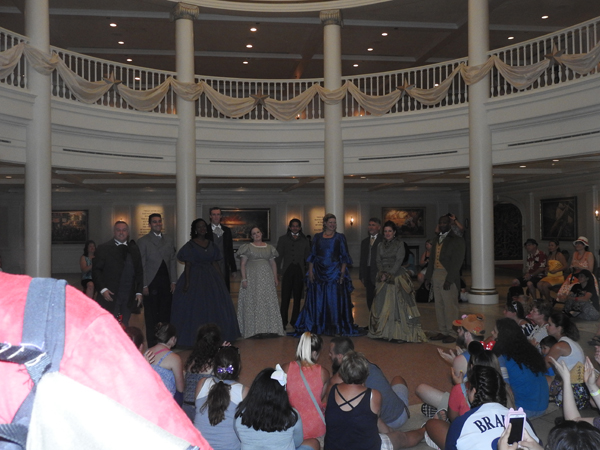
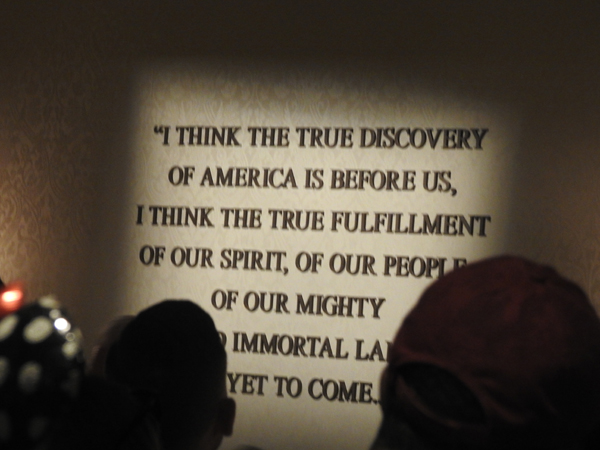
Thomas Wolfe



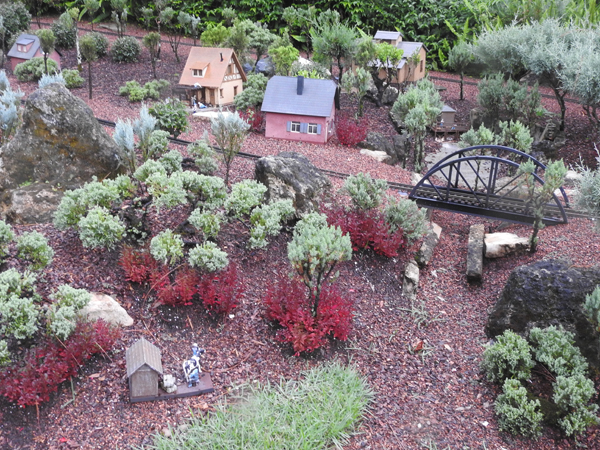

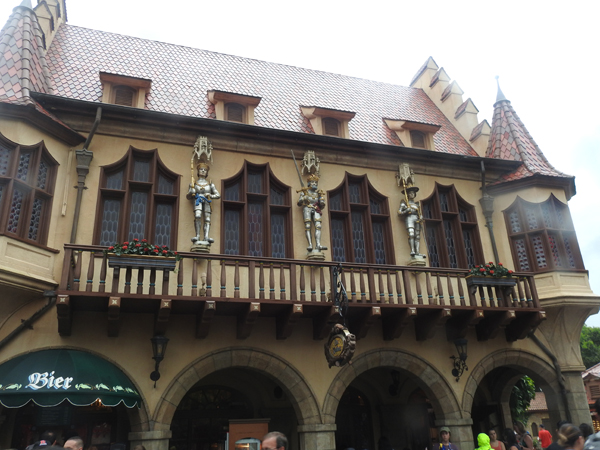
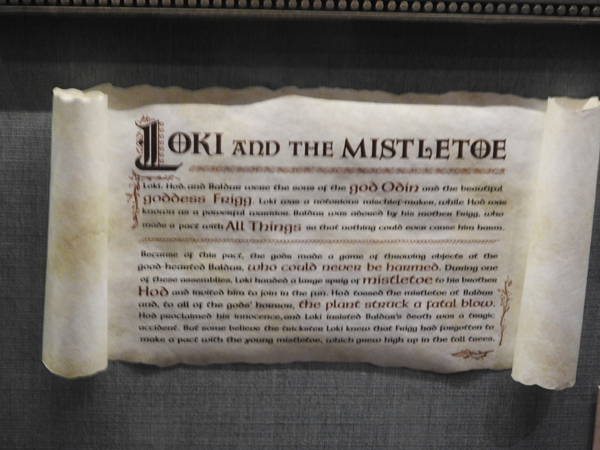
Baldur’s father wasted no time in mounting his steed, Sleipnir, and riding to the underworld to consult a dead seeress whom he knew to be especially wise in such matters. When, in one of his countless disguises, he reached the cold and misty underworld, he found the halls arrayed in splendor, as if some magnificent feast were about to occur. Odin woke the seeress and questioned her concerning this festivity, and she responded that the guest of honor was to be none other than Baldur. She merrily recounted how the god would meet his doom, stopping only when she realized, from the desperate nature of Odin’s entreaties, who this disguised wanderer truly was.
And, indeed, all that she prophesied would come to pass.
Odin returned in sorrow to Asgard, the gods’ celestial stronghold, and told his companions what he had been told. Frigg, yearning for any chance of saving her treasured son, however remote, went to every entity in the cosmos, living or nonliving, and obtained oaths to not harm Baldur.
After these oaths were secured, the gods made a sport out of the situation. They threw sticks, rocks, and anything else on hand at Baldur, and everyone laughed as these things bounced off and left the shining god unharmed.
The wily and disloyal Loki sensed an opportunity for mischief.
In disguise, he went to Frigg and asked her, “Did all things swear oaths to spare Baldur from harm?” “Oh, yes,” the goddess replied, “everything except the mistletoe. But the mistletoe is so small and innocent a thing that I felt it superfluous to ask it for an oath. What harm could it do to my son?” Immediately upon hearing this, Loki departed, located the mistletoe, carved a spear out of it, and brought it to where the gods were playing their new favorite game.
He approached the blind god Hodr (Old Norse Höðr, “Slayer”) and said, “You must feel quite left out, having to sit back here away from the merriment, not being given a chance to show Baldur the honor of proving his invincibility.” The blind god concurred. “Here,” said Loki, handing him the shaft of mistletoe. “I will point your hand in the direction where Baldur stands, and you throw this branch at him.” So Hod threw the mistletoe. It pierced the god straight through, and he fell down dead on the spot.
The gods found themselves unable to speak as they trembled with anguish and fear. They knew that this event was the first presage of Ragnarok, the downfall and death, not just of themselves, but of the very cosmos they maintained.
At last, Frigg composed herself enough to ask if there were any among them who were brave, loyal, and compassionate enough to journey to the land of the dead and offer Hel, the death-goddess, a ransom for Baldur’s release. Hermod, an obscure son of Odin, offered to undertake this mission. Odin instructed Sleipnir to bear Hermod to the underworld, and off he went.
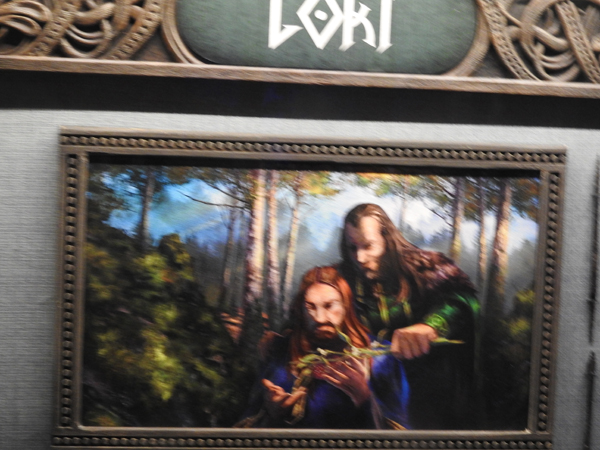
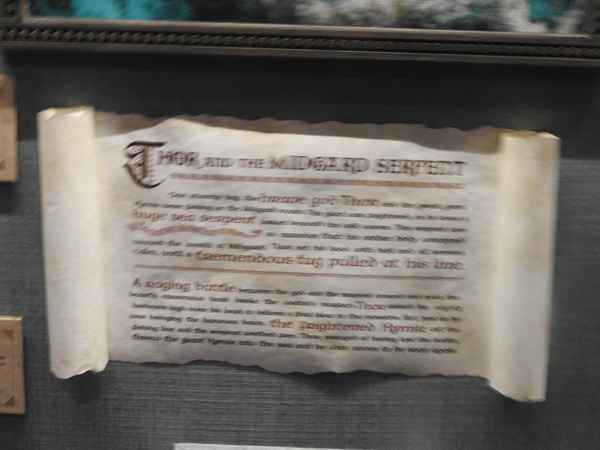
One sign for the coming of Ragnarök is the violent unrest of the sea as Jörmungandr releases its tail from its mouth and thrashes its way onto land. Fenrir will set ablaze one half of the world with fire while Jörmungandr sprays poison to fill the skies and seas of the other half.[12] Fenrir and Jörmungandr will then join the sons of Muspell into the plain of Vigrid.[13] Here is where the last meeting between the serpent and Thor is predicted to occur. Thor will become occupied with battling the serpent and is unable to help others as they fight their own battles. He will eventually kill Jörmungandr but will fall dead after walking nine paces, having been poisoned by the serpent’s deadly venom
